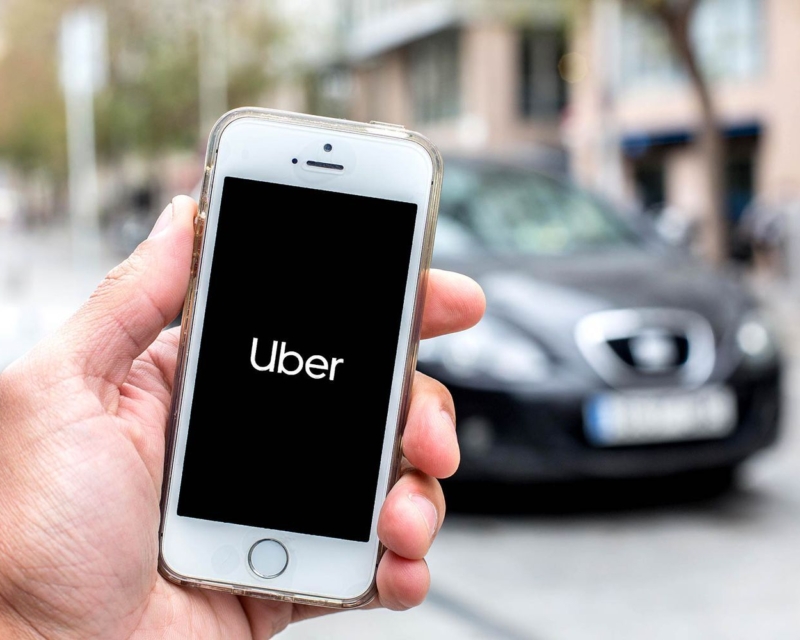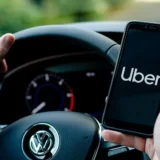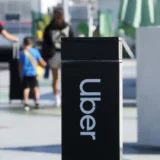Uber’s ‘One Less Car’ Trial: A Bold Step Towards Sustainable Transportation
In a bold move to reshape urban transportation and curb carbon emissions, Uber has launched its “One Less Car” trial in North America. During this five-week experiment, up to 175 selected participants will give up their personal vehicles and receive a $1,000 stipend to explore alternate modes of transportation. This initiative aims to encourage the use of rideshare services, public transit, e-bikes, e-scooters, and even car rentals, reflecting Uber’s commitment to fostering sustainable urban mobility.
The trial is part of Uber’s broader mission to reduce its carbon footprint and promote eco-friendly transportation options. The company has set an ambitious goal to become a fully electric, zero-emission platform globally by 2040. However, Uber acknowledges that achieving this target requires more than just transitioning to electric vehicles. “To keep global warming below 1.5 degrees, it’s not just how our vehicles are powered that needs to be addressed,” Uber stated in a November 2023 report, following the success of a similar trial in Australia.
Participants in the North American trial will be given the opportunity to experience the convenience and benefits of various transportation alternatives. By providing a $1,000 stipend, Uber aims to alleviate financial concerns and encourage participants to fully embrace the challenge of living without a personal car. This stipend can be used for a wide range of transportation options, allowing participants to tailor their mobility choices to their individual needs and preferences.
The “One Less Car” trial is not just a test of alternative transportation options but also a social experiment to gauge public willingness to adapt to a car-free lifestyle. The trial’s success could potentially influence urban planning and transportation policies, encouraging cities to invest more in public transit and other sustainable transportation infrastructure.
For Uber, this initiative represents a significant step towards its long-term sustainability goals. By reducing reliance on personal vehicles, the company hopes to decrease traffic congestion, lower greenhouse gas emissions, and improve air quality in urban areas. The trial also serves as a platform for Uber to gather valuable data and insights into consumer behavior and preferences, which can inform future innovations and improvements in their services.
As the trial progresses, all eyes will be on the participants and their experiences. Will they find the convenience and cost-effectiveness of alternate transportation options compelling enough to permanently ditch their cars? The outcome of Uber’s “One Less Car” trial could have far-reaching implications for the future of urban transportation, signaling a shift towards more sustainable and efficient mobility solutions.






